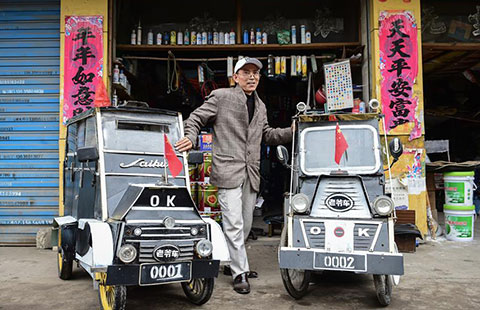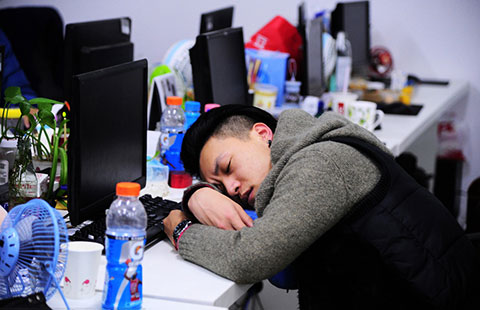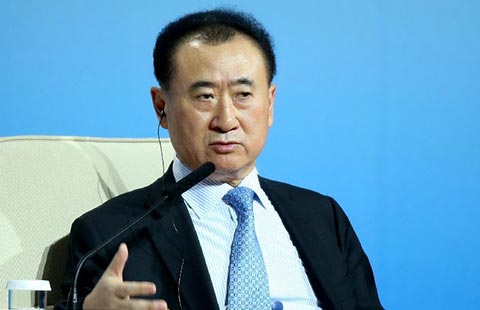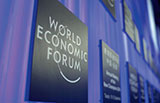Guideline promotes fair competition, acts to defeat monopolies
By Li Fusheng (China Daily) Updated: 2015-11-16 08:17China is promoting legislation in the auto industry to better protect fair competition in the world's largest car market.
The draft of a guideline on combating monopolistic practices in the automotive industry has been finished, said Lu Yanchun, deputy head of the bureau of price supervision and anti-monopoly at the National Development and Reform Commission, in early November.
China announced its antimonopoly law in 2008 but there has not before been legislation on fighting monopoly in specific industries.
The guideline, which will soon be sent to the State Council for approval, will cover the investigation and punishment of monopolistic practices in such sectors as spare part supplies, car sales and after-sale services, and also touches on online car sales and the sales and maintenance of parallel imported cars.
Statistics show that fines on automakers or dealers' monopolistic practices added up to more than 2 billion yuan ($313.7 million) in the past two years.
"Fining is not the goal. Our sole goal is to ensure market order," Lu said at a meeting of the automobile dealers' association.
"We protect competition, not competitors. Vice versa, we don't combat competitors; we fight monopolistic practices."
Lu said his bureau would enhance efforts in law enforcement as smashing monopolies is an important way to restore fair competition.
"The guideline will further regulate the auto market and ensure a fair car trade," said Cui Dongshu, secretary-general of the China Passenger Car Association.
He said many international automakers have loosened their control on spare parts and cut maintenance prices after being investigated and fined for monopolistic practices.
The guideline's new sections on such things as online car sales and parallel imported cars are causing heated discussion.
Diao Jianshen, a deputy president of the China Automobile Dealers' Association, said it is necessary to include online car sales in the antimonopoly guideline because e-commerce is also part of the auto market, although it is a new form of trade.
Yiche.com said it sold 77,992 cars online on Nov 11, better known as Singles Day, with their combined price amounting to 12.56 billion yuan. On the same day, autohome.com sold 54,085 cars for 8.79 billion yuan.
Monopolistic practices involving parallel imported cars are another hot topic as China gave the green light to start the parallel importing of cars for the first time earlier this year. There are now 78 qualified independent auto dealers nationwide in the sector.
"Many carmakers are creating barriers to after-sales services of parallel imported cars of their makes so it is debatable whether their acts are monopolistic," Huang Wei, secretary-general of the anti-monopoly committee of the All China Lawyers' Association, told International Finance News.
Shi Jianzhong, an economic law professor at the China University of Political Science and Law, said the guideline would ensure a fair market environment and help diversify competition if it has explicit articles about parallel imported cars.
In September, China announced a regulation that demands carmakers make public information about repairing and maintaining all the models they sell.
Before the regulation takes effect in January 2016, only authorized dealers have access to such information, which has made it easy for them to charge exorbitant prices.
- Argentina, China nuclear plant agreements bear 'historic importance'
- GoPro to build content-enabling platform in China
- Manila gears up to host APEC Economic Leaders' Week
- China's Belt and Road Initiative to give new impetus to world economic growth
- Chinese entrepreneurs less satisfied about business situations
- China's funds for foreign exchange end downward trend
- China to modernize financial market system
- Tesla offers automatic driving in 7.0 system















